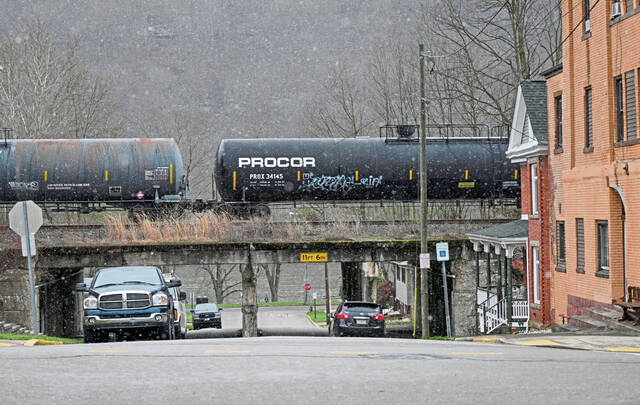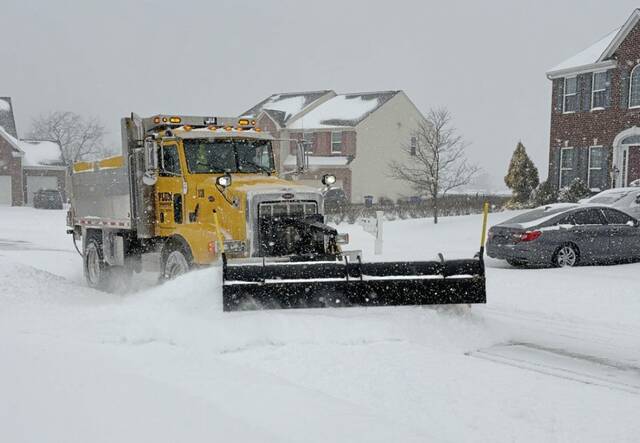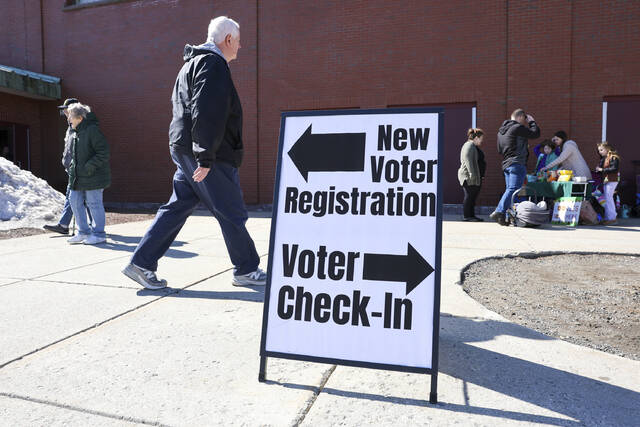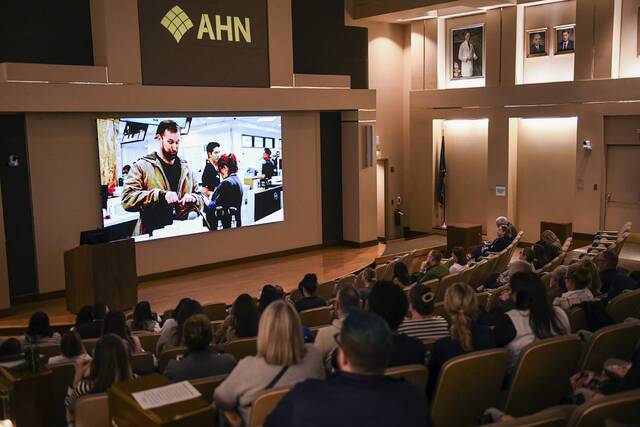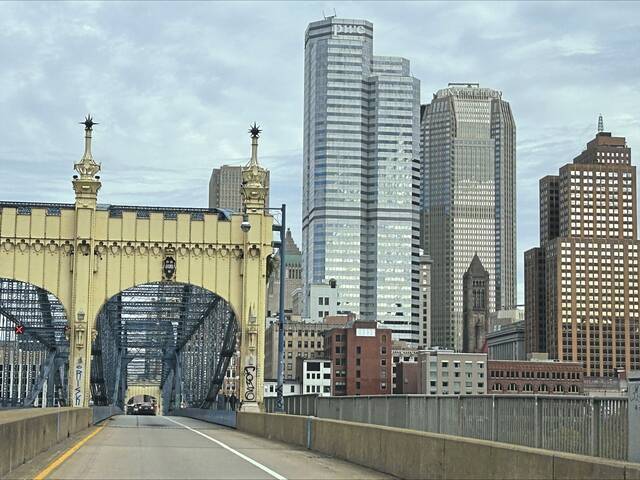The rules that make us safer always follow the examples of how safe we are not.
In 1911, 146 people — 123 of them women and girls — died in Manhattan when the Triangle Shirtwaist Factory burned. It remains one of the deadliest industrial accidents in American history, but it also is a testament to change. The body count was so high because the doors were locked. People died because the company was cracking down on workers taking breaks.
The fire led to public safety and workplace safety regulations. The legacy of the Triangle victims is the lives saved by today’s safer structures and practices.
In 1912, the RMS Titanic left England with 2,240 passengers and crew. Four days into its voyage to New York, it struck an iceberg, sinking in less than three hours. There were just 20 lifeboats on board, with room for only a third of the people; 1,503 people died.
The most famous maritime disaster in history changed the way every ship leaves harbor today. The United Kingdom and the United States conducted extensive hearings and changed the rules. Every vessel must have enough lifeboats to hold every passenger and crew member.
The 1995 Oklahoma City bombing changed fertilizer sales. Sept. 11, 2001, and the war on terror changed the way we fly. Hurricanes and earthquakes change the way we build. Disasters shape the world in their wake.
It is natural to expect the same to happen after the Norfolk Southern train derailment and subsequent fire in East Palestine, Ohio, in February 2023. The incident saw 5,000 people evacuated from their homes. Cleanup costs exceed $800 million. Ohio and Pennsylvania have focused attention on the safety of air, water and soil in the area. So has the federal government.
So of course there will be significant national legal changes, right?
Not so far, but not for lack of trying.
The Railway Safety Act was introduced with bipartisan support in the House and Senate. Pennsylvania and Ohio legislators say railroad industry lobbying has prevented the act from moving forward.
Norfolk Southern CEO Alan Shaw said in May — just three months after the crash while in full public relations mode — his company “look(ed) forward to continuing our engagement with members of Congress on the issues, achieving a meaningful and effective new law and leading on safety measures within the industry.”
But despite U.S. Rep. Chris Deluzio’s bill being cosponsored by nine Republicans and eight Democrats, it hasn’t been able to get on the House calendar. The Senate bill introduced by U.S. Sen. Sherrod Brown, D-Ohio, likewise has struggled, and passage is not guaranteed.
Rail safety is vital to transportation of goods and services nationwide. It is particularly important in Pennsylvania, where trains pass through many densely populated areas and over or alongside waterways.
Pandemic supply chain issues and recent worries about shipping problems due to the Francis Scott Key Bridge collapse in Baltimore underscore how continuity and reliability of transportation are critical to the national economy.
No one stopped sewing clothing when the Triangle Shirtwaist Factory burned. The new laws made it safer to do so. The Titanic was not the last ship to sail the Atlantic. But the vessels that sail today do so more safely.
The Railway Safety Act is not a threat to the railroad industry and should be embraced as critical to its future.


